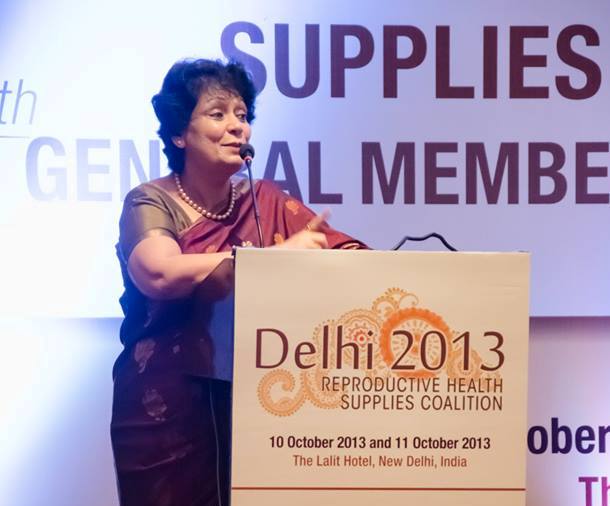Guest post by Christina Wegs, Senior Advisor for Global Policy and Advocacy, CARE
December 10th was International Human Rights Day. This day commemorates the adoption of the Universal Declaration of Human Rights (UDHR) by the UN General Assembly in 1948, which affirmed the rights of all people, everywhere and all the time. The Declaration, as well as similar international treaties and agreements, confirm the centrality and importance of protecting and fulfilling sexual and reproductive rights (SRR). Embraced within the concept of SRR is the right to reproductive self-determination; the right to sexual and reproductive health (SRH) information, education, and services; the right to the highest attainable standard of health; and the right to equality and non-discrimination.
Despite international recognition of the importance of SRR, sixty years on and twenty years after the International Conference on Population and Development, women and girls in every part of the world continue to face considerable barriers to realizing their SRR. In many places, unmarried women and adolescents are denied access to reproductive health information and services, many women are not able to exercise full, free, and informed contraceptive choice, and women continue to die from preventable complications of pregnancy and childbirth. Pervasive gender inequality limits women’s decision-making autonomy and undermines their health and well-being throughout their lives. Finally, many women—especially poor and socially marginalized women—continue to experience systemic discrimination in health care, which not only results in poor quality of care and poor health outcomes, but also acts as a powerful disincentive to women seeking care.




